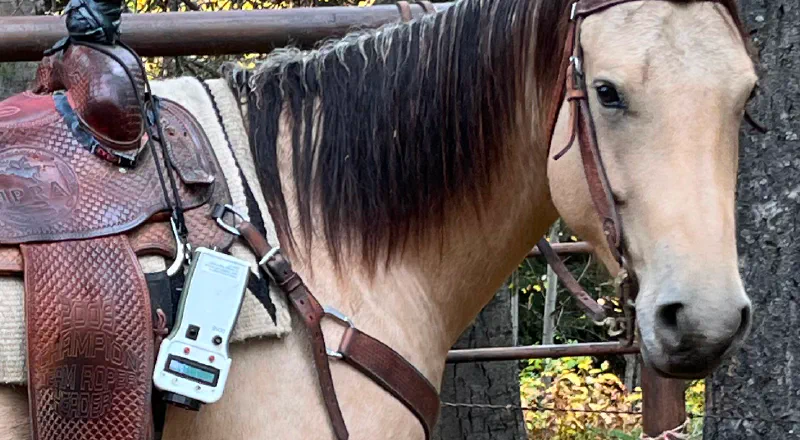



2min read

Canada’s beef industry was brutally reminded of this in 2003. What appeared to be a safe and affordable way to add protein to cattle feed led to the Canadian “BSE crisis” when a Canadian born animal was found with bovine spongiform encephalopathy (BSE). The result was 30 countries restricting imports of Canadian beef, and a catastrophic decade for Canada’s ranching families.
Examination of Canada’s response to BSE concluded in 2013 that changes to Canada’s livestock animal traceability system were necessary.
As of January 2025 these deficiencies remain outstanding.
The livestock animal health incident we knew Canada was unprepared to manage in 2013 arrived in 2024; Avian influenza A(H5N1) transmission to cattle. And with our primary export customer ($5B) now seeking any justification to hinder imports the economic impact of A(H5N1), or any animal health event, will be billions.
Our scan and analysis this Q1 2025 leads us to conclude that the amendments to Part XV of the Health of Animals Regulations (Identification and Traceability) conceived in 2013 to address these deficiencies, and drafted in 2023, will never be implemented.
Canada’s livestock stakeholders must now create a new plan to resolve these deficiencies. This new plan must be one that can be rapidly and affordably implemented within the political, financial, and technical realities of 2025.
Flokk Systems is prepared to initiate and lead this discussion. Over the next months we will engage our community, industry stakeholders, current, and incoming governments to find an industry solution to this challenge.
We invite you to read our full position paper and plan.